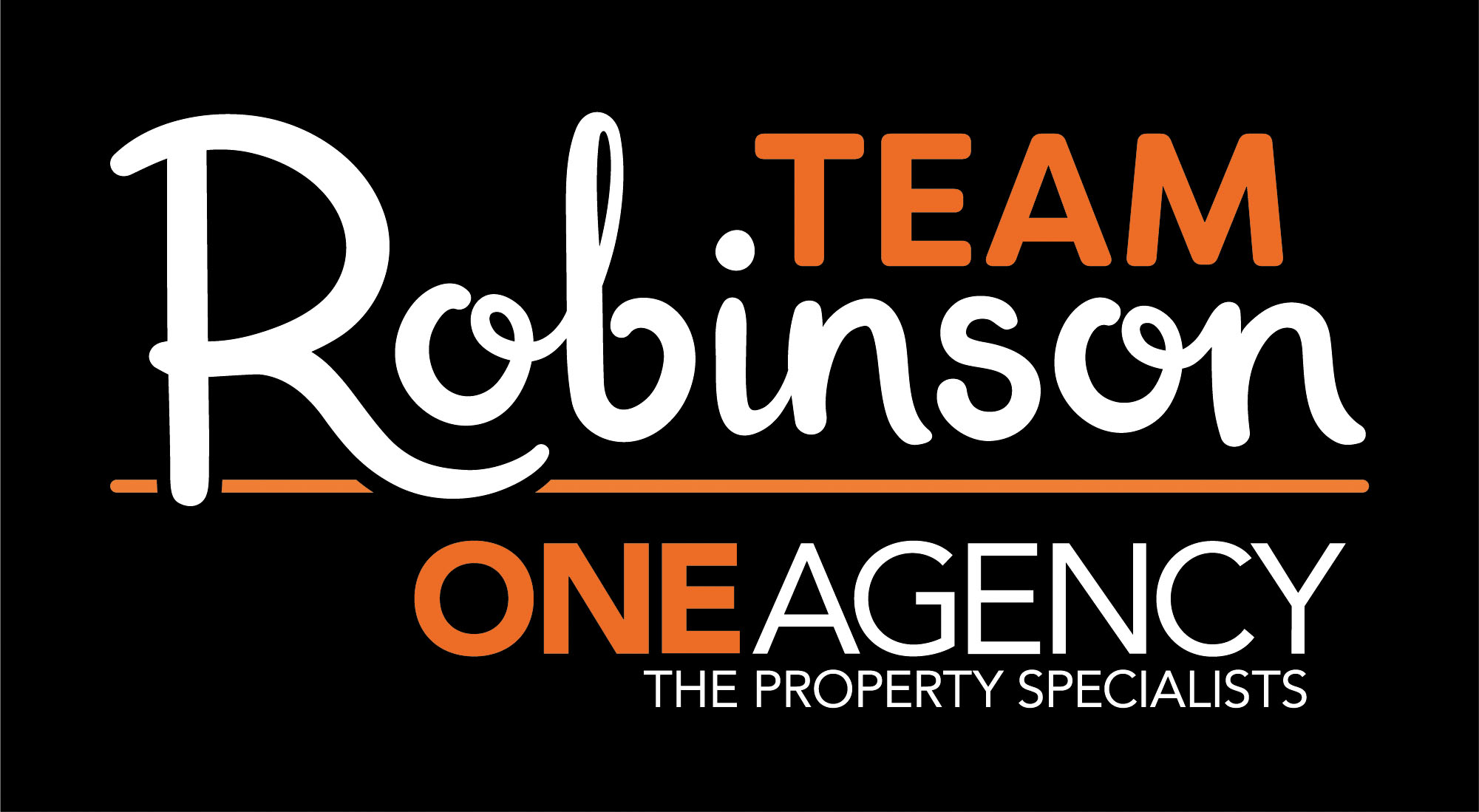Anti-Money Laundering and Countering Financing of Terrorism Act
Money laundering is rife in New Zealand, with an estimated $1.35 billion being laundered each year.
Legislation was put in place in 2009 to try and identify , and prevent, money laundering and financing of terrorism in New Zealand, in the form of the An-ti-Money Laundering and Countering Financing of Terrorism Act.
The first phase of the legislation applied to banks, casinos and financial service providers. They have been subject to the legislation since 2013. Phase two of the legislation has just recently been rolled out, which includes real estate agents, lawyers and accountants. The AML requirements have applied to Registered Real Estate Agencies since 1 January 2019.
Given the nature, size and complexity of property dealings, real estate transactions are extremely vulnerable to money laundering activity, and therefore been classed as a medium to high risk under the legislation. The legislation’s objective is to mitigate risks of money laundering involved in property transactions as far as possible.
What does this mean for you as a client or customer?
A business may ask you, as their customer, to confirm your identity. In some circumstances (such as if you’re acting for a company or trust) they may also ask for information about where money came from and the other people involved. Banks, other financial services providers and casinos already do this, as they have had to comply with the AML/CFT Act since 2013.
When do you have to provide information?
You’ll have to provide identification if:
• You become a customer or client of a business or professional that is covered by the Act
• When there is a material change in your accounts, financial arrangements or your business relationship with the business
• When you pay $10,000 or more in cash to a lawyer, accountant, conveyancer or real estate agent
• When you pay $15,000 or more in cash to a business that trades in high value goods
• You send $1000 or more overseas
What information will you have to provide?
You may have to provide documents confirming your name, birth date and address, for example:
• Passport; or
• Drivers licence and bank card
• Bank Statement or utilities bill
If you represent a company or trust, you may have to provide extra information such as:
• Evidence of who you are acting for (that is, the beneficial owners who effectively control or benefit from the trust or company)
• Where and who the money came from.
What will the business do with the information?
The business or professional will keep a secure record of your information, in the same way they already keep other customer information about you. If they notice something that is a potential warning sign of money laundering or financing of terrorism, by law they must report it to Police. The Police Financial Intelligence (FIU) will then analyse the information provided and other details about the transaction or activity to decide which situations need to be investigated further.
source: www.justice.govt.nz
www.raineycollins.co.nz

